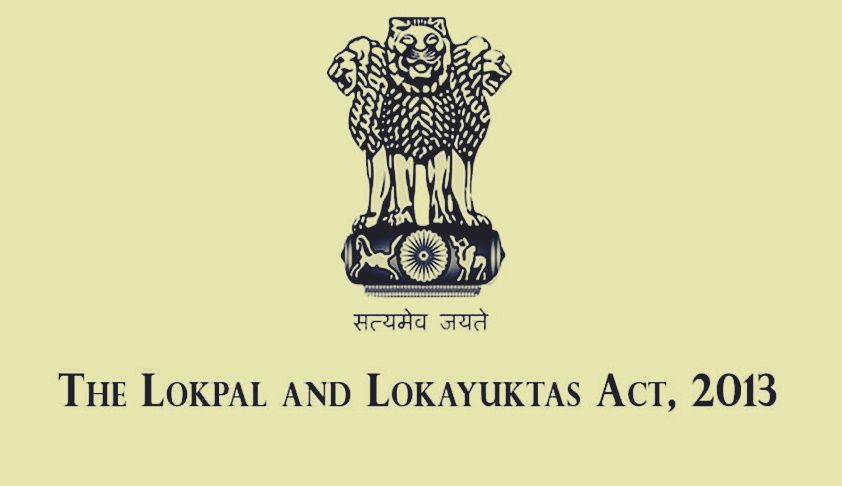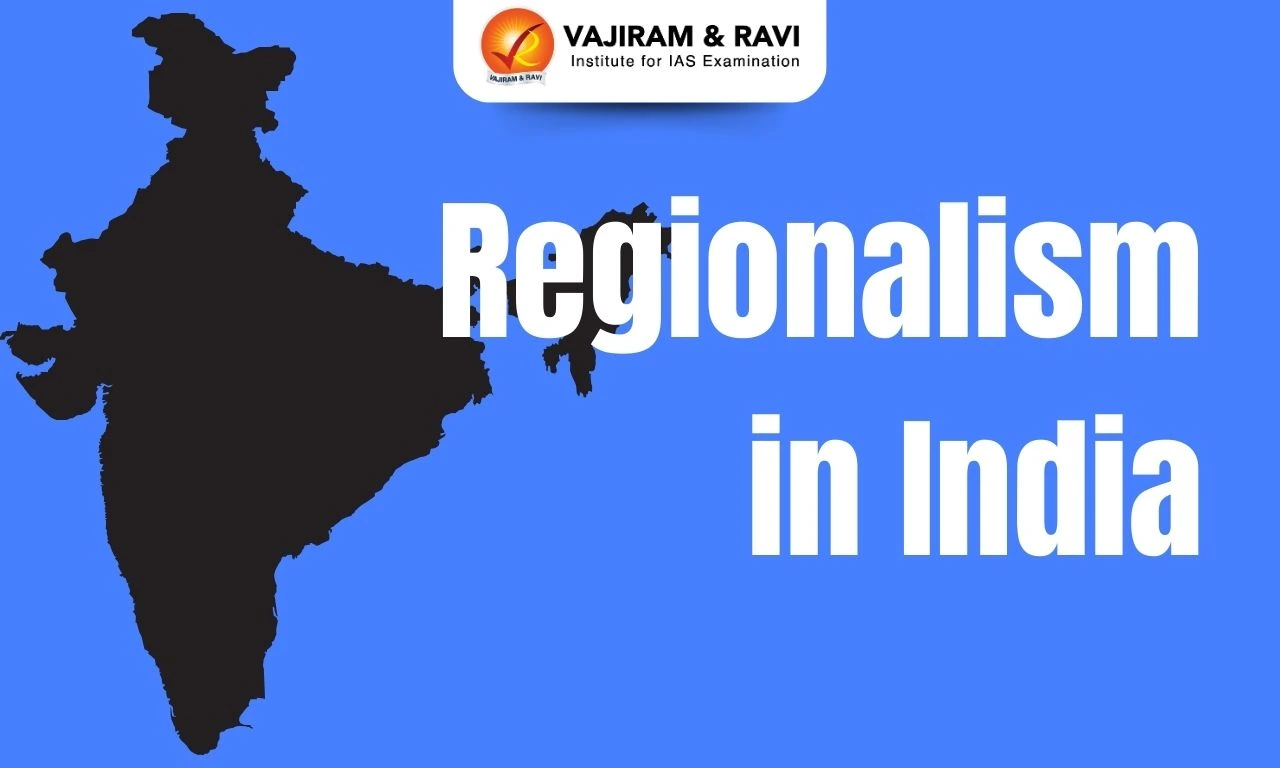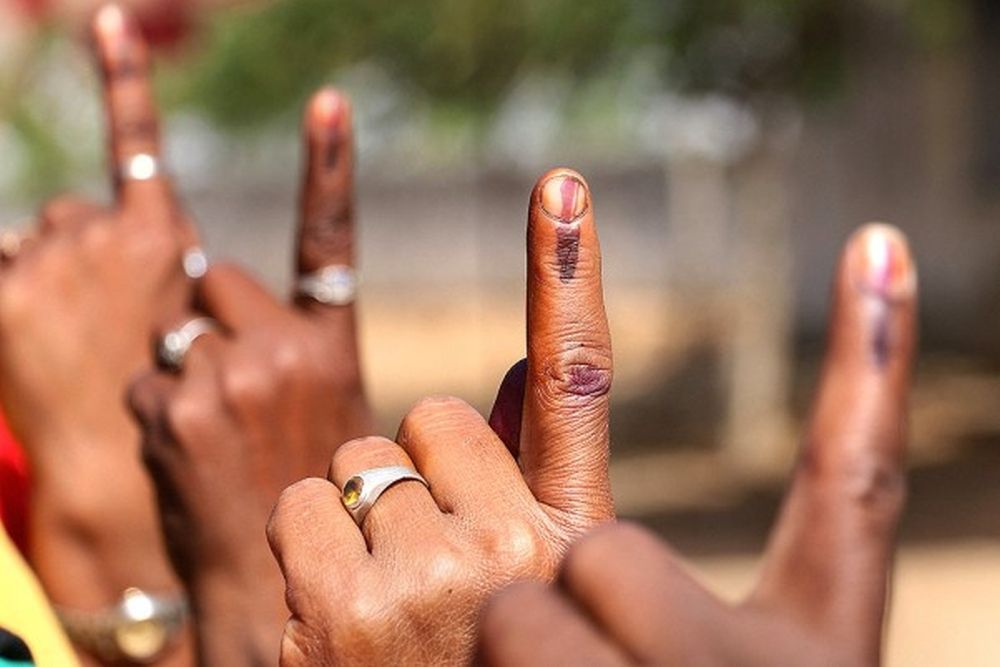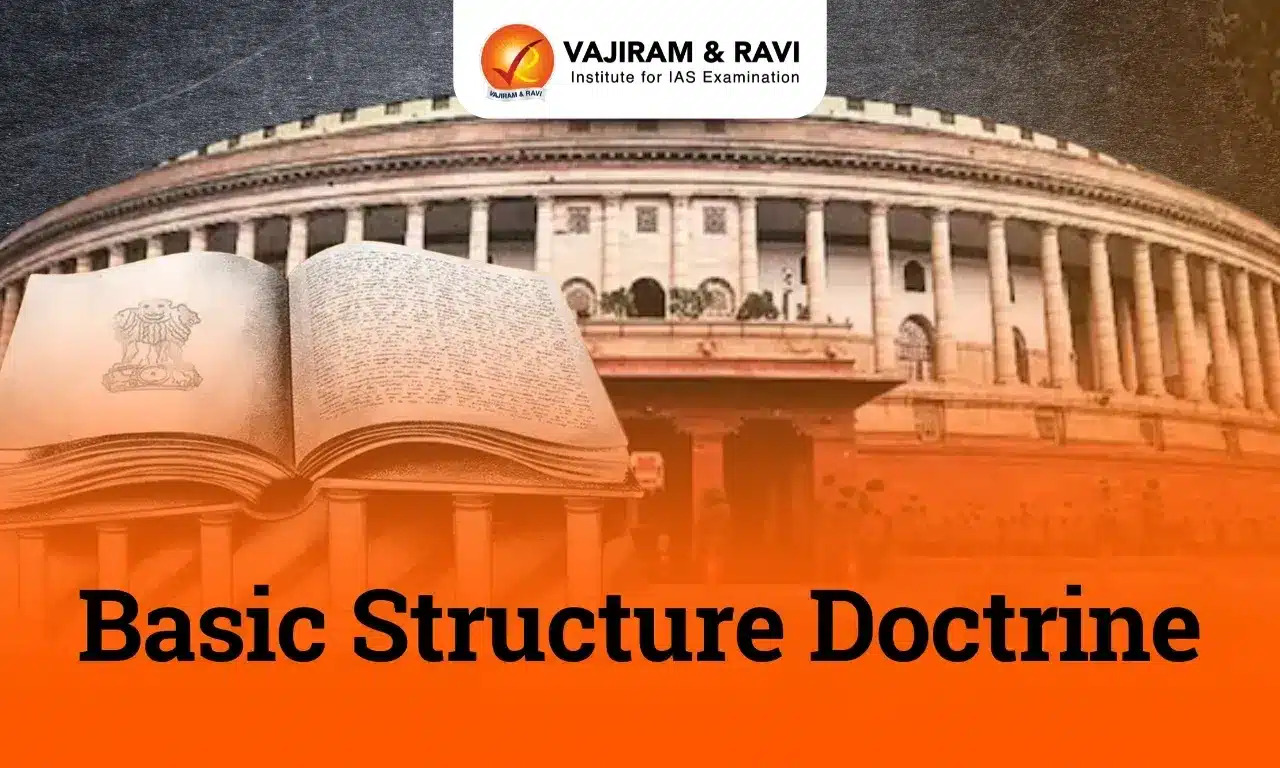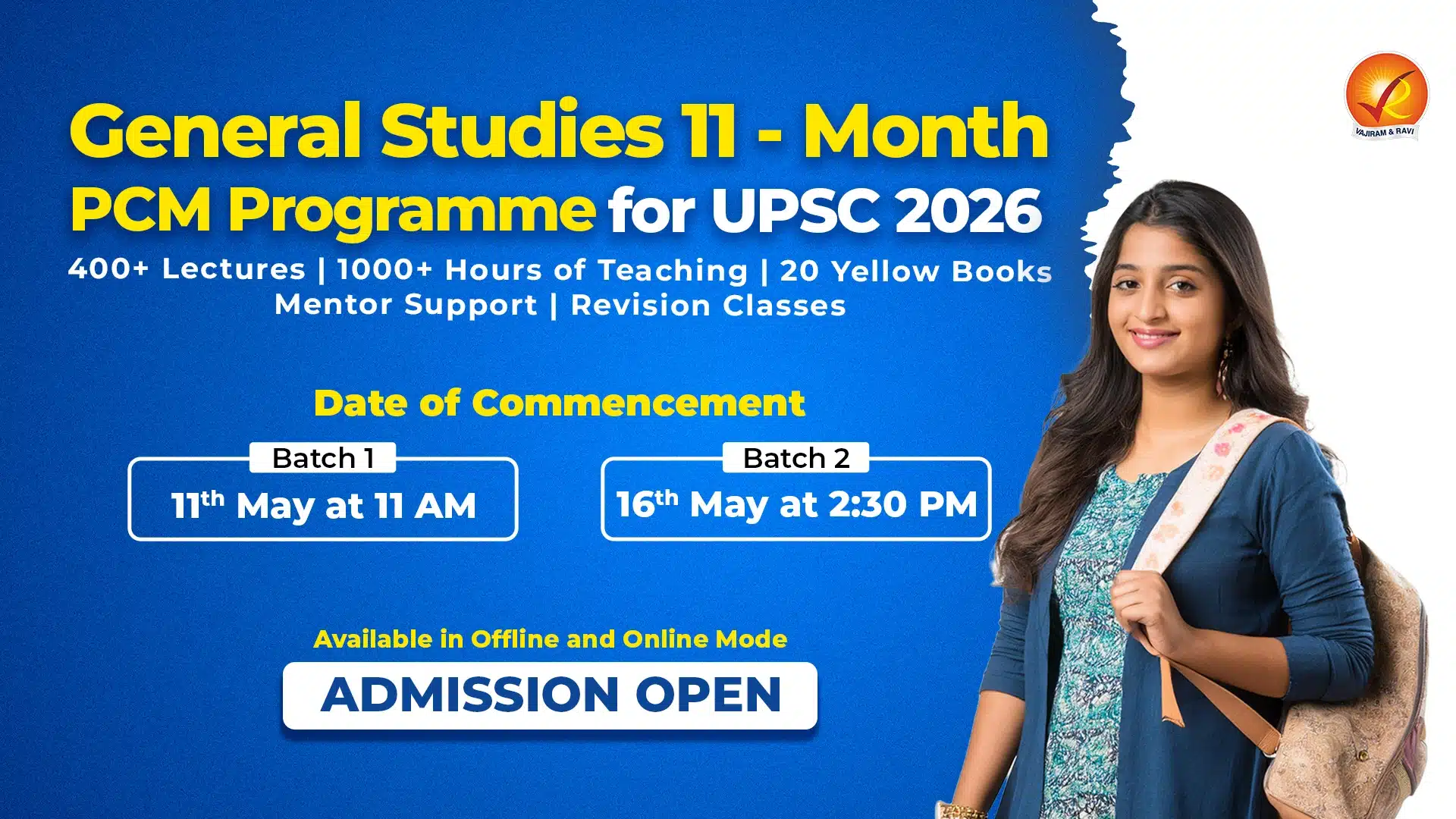Lokpal and Lokayukta
Lokpal and Lokayukta are public institutions established in India to investigate and prosecute corruption among public officials.
- Recommendation of ARC: In the 1960s, the Administrative Reforms Commission of India suggested the creation of two specialized authorities, the Lokpal and Lokayukta, to address citizens’ complaints and grievances pertaining to corruption.
- Role of Ombudsman: Lokpal and Lokayukta perform the function and role of an “Ombudsman”. They inquire into allegations of corruption against certain public bodies/organizations and for other related matters.
- National and state level: The Lokpal is a national-level institution, while the Lokayukta is a state-level institution. Both have the power to investigate and prosecute corruption cases, and both are headed by a panel of judges or retired judges.
- Jurisdiction: The Lokpal and Lokayukta handle complaints against ministers and top government officials.
What is the background and genesis of Lokpal and Lokayukta in India?
- The concept of ombudsman originated in 1809 in Sweden.
- In India, the former law minister Ashok Kumar Sen became the first Indian to propose the concept of a constitutional Ombudsman in Parliament in the early 1960s.
- Further, Dr. L. M. Singhvi coined the term Lokpal and Lokayukta in 1963. Later in the year 1966, the First Administrative Reform Commission passed recommendations regarding the setting up of two independent authorities at the central and at the state level.
- After the recommendations from the First Administrative Reform Commission, the Lokpal bill was passed in Lok Sabha in 1968 but lapsed due to the dissolution of Lok Sabha. Since then, the bill was introduced many times in Lok Sabha but has lapsed.
- Later, in 2002, the National Commission for Review of the Working of the Constitution (NCRWC) recommended the appointment of the Lokpal and Lokayuktas. In 2005, the 2nd Administrative Reform Commission(ARC) also recommended the same.
- The Anna Hazare movement, also known as India Against Corruption (IAC) movement, was led by social activist Anna Hazare, who began a hunger strike in April 2011 to demand the creation of an independent, effective anti-corruption body known as the Lokpal.
- As a result of the movement, the Lokpal and Lokayukta Bill was introduced in the Indian parliament and passed into law in 2013.
What are the key provisions of the Lokpal and Lokayukta Act 2013?
Key provisions of the Act include
- Selection Committee: which includes the Prime Minister as Chairperson, Speaker of Lok Sabha, Leader of Opposition in Lok Sabha, Chief Justice of India or a Judge nominated by him/her and one eminent jurist appointed by President.
- Jurisdiction: Jurisdiction includes the Prime Minister, Ministers, Members of Parliament, and group A, B, C, and D of government employees.
- Composition: It is composed of a chairperson and a maximum of eight members, with half of them being judicial members. 50% of members belong to Scheduled Castes, Scheduled Tribes, Other Backward Classes, minorities, and women.
- Superintendence: It has the power of superintendence and directs any investigative agency, including the Central Bureau of Investigation, for cases referred to it by the Lokpal.
- Foreign Contribution (Regulation) Act, 2010 (FCRA): Jurisdiction includes foreign donations in excess of Rs 10 Lakhs per year under the Foreign Contribution Regulation Act.
- The Act provides a requirement for establishing Lokayukta institutions through state legislation within 365 days of the Act coming into effect.
Lokpal and Lokayukta (Amendment) Act 2016
The amendment changes the Lokpal and Lokayuktas Act 2013 with regard to the reporting of assets and liabilities by public officials.
- Allows the leader of the largest opposition party in the Lok Sabha, in the absence of a recognized Leader of Opposition, to be a member of the selection committee that chooses the ombudsman.
- The bill modifies section 44 of the Act, which originally dealt with the requirement for public officials to report their assets and liabilities within 30 days of starting their government service.
- The amendment eliminates the 30-day time frame in section 44, and public officials will report their assets and liabilities as outlined by the government.
Changes with respect to the functions of the CVC
The enactment of the Lokpal and Lokayuktas Act will help the Central Vigilance Commission work in an independent and assertive manner:
- Sections 8A and 8B were added in CVC Act, 2003 empowering the commission to enquire into references made by the Lokpal in respect of members of Group ‘B’, ‘C’, ‘D’ services of the central government and such level of officials or staff of the corporations, companies, societies and local authorities owned by the central government.
- The CVC also has been bestowed with the powers of superintendence over the CBI in so far as it relates to the investigation of offenses alleged to have been committed under the Prevention of Corruption Act, 1988, to ensure greater objectivity and accountability in its functioning.
What is the existing governance framework to check corruption in India?
- Prevention of Corruption Act, 1988: It is the main law for addressing corruption in India. It provides for the punishment of public servants who engage in corrupt practices.
- Central Bureau of Investigation (CBI): Main agency responsible for investigating corruption cases involving public servants.
- Central Vigilance Commission (CVC) and State Vigilance Commission: Handle citizens’ grievances related to corruption.
- National Human Rights Commission (NHRC): Citizens can file complaints if they feel that their rights have been violated.
- The All-India Services (Conduct) Rules, 1968 prohibit government employees from engaging in any activities that may compromise their integrity or impartiality, such as accepting gifts or bribes, engaging in partisan political activities, or disclosing confidential information.
- The Central Civil Services (Conduct) Rules, 1964 prohibit central government employees from engaging in activities that may compromise their integrity or impartiality.
- Administrative tribunals such as Central Administrative Tribunal (CAT) are specialized courts that hear and decide disputes related to the administrative actions of government agencies related to matters of corruption.
How far have the institutions of Lokpal and Lokayuktas been effective?
Some major issues regarding the implementation of the Lokpal and Lokayuktas Act, 2013 include
- Selection Committee: The Lokpal and Lokayukta Act of 2013, despite being passed in 2014, was not implemented due to the absence of a Leader of Opposition (LoP) in the 16th Lok Sabha.
- However, the Supreme Court clarified that this absence should not stall the appointment process for the Lokpal.
- In addition, a Parliamentary Standing Committee in 2015 submitted a report supporting the amendment to replace the LoP with the leader of the single largest opposition party in the Lok Sabha.
- Lokayukta: According to a report by Transparency International
- Out of the total states and UTs, nine — Assam, Bihar, Chhattisgarh, Delhi, Goa, Jharkhand, Kerala, Madhya Pradesh, and Uttar Pradesh — have not amended their Lokayukta Acts to bring them in line with the Lokpal and Lokayukta Act of 2013.
- Only four states — Bihar, Manipur, Odisha, and Tamil Nadu have appointed judicial and non-judicial members of the anti-corruption ombudsman Lokayukta.
What are the limitations of the Lokpal and Lokayukta Act 2013?
The Lokpal and Lokayukta Act 2013 has several drawbacks that have been criticized by experts and activists. Some of these include
- Lack of independence: The act allows the government to have a significant influence over the appointment and functioning of the Lokpal, which may compromise its independence.
- Anonymous complaints not allowed: The act does not permit anonymous complaints, which may deter potential whistleblowers from coming forward.
- Limitation of 7 years: The act sets a 7-year limitation period to file a complaint, which may not be sufficient for some cases.
- Heavy punishment for false complaints: The act provides for severe punishment for false or frivolous complaints, which may deter people from coming forward with valid complaints.
- Lack of transparency: The act provides for a non-transparent process for dealing with complaints against the Prime Minister.
- The Lokpal cannot initiate an investigation on its own against any public servant.
- The form of the complaint is given more importance than the content of it.
Way Forward
To effectively combat corruption, it is necessary to enhance the independence and resources of the ombudsman institution.
- Functional autonomy: In order to tackle the problem of corruption, the institution of the ombudsman needs to be strengthened both in terms of functional autonomy and the availability of manpower.
- Financial and administrative independence: Lokpal and Lokayukta must be financially, administratively, and legally independent of those whom they are called upon to investigate and prosecute.
- Transparency and leadership: Greater transparency, citizen empowerment, and access to information, as well as strong leadership that is willing to be held accountable, are also crucial.
- Other decentralized institutions: To prevent the concentration of power in one institution, various decentralized institutions with proper accountability mechanisms should be strengthened. Additional text to be added here.
Last updated on April, 2025
→ UPSC Notification 2025 was released on 22nd January 2025.
→ The UPSC Vacancy 2025 were released 1129, out of which 979 were for UPSC CSE and remaining 150 are for UPSC IFoS.
→ UPSC Admit Card 2025 is expected to release in first week of May for CSE Prelims Exam 2025.
→ The UPSC Prelims 2025 is scheduled to be conducted on 25th May 2025 and UPSC Mains 2025 will be conducted on 22nd August 2025.
→ Apply once through it and aspirants can apply for various government exams conducted by UPSC.
→ The UPSC Selection Process is of 3 stages-Prelims, Mains and Interview.
→ UPSC Result 2024 is released with latest UPSC Marksheet 2024. Check Now!
→ UPSC Toppers List 2024 is released now. Shakti Dubey is UPSC AIR 1 2024 Topper.
→ Also check Best IAS Coaching in Delhi
Lokpal and Lokayukta FAQs
Q1. Who is the first Lokpal of India?+
Q2. Whether the Lokpal and Lokayuktas Act, 2013 is applicable to the employees of State Governments?+
Q3. Is there any limitation period to file a case?+
Tags: lokpal and lokayukta quest

